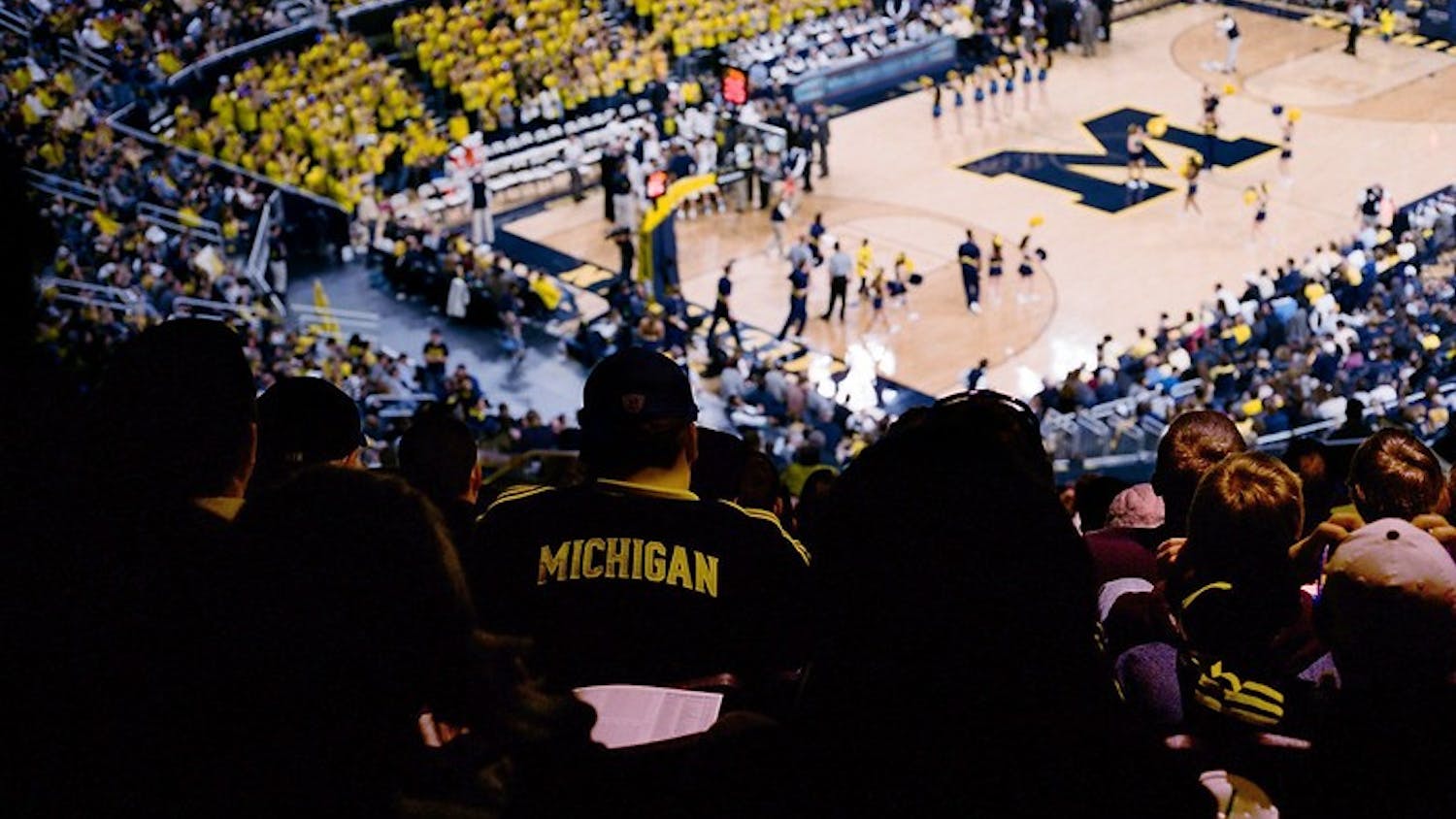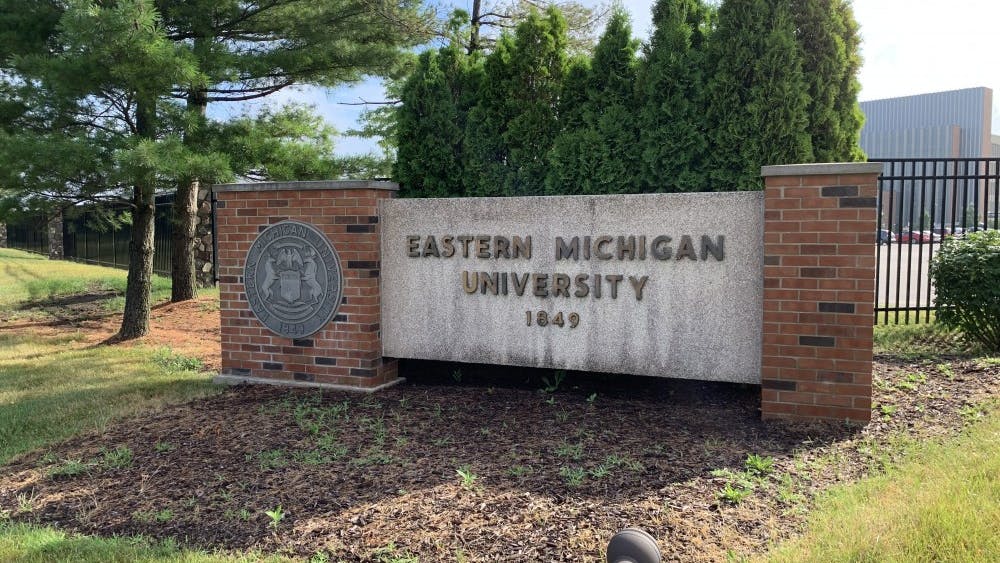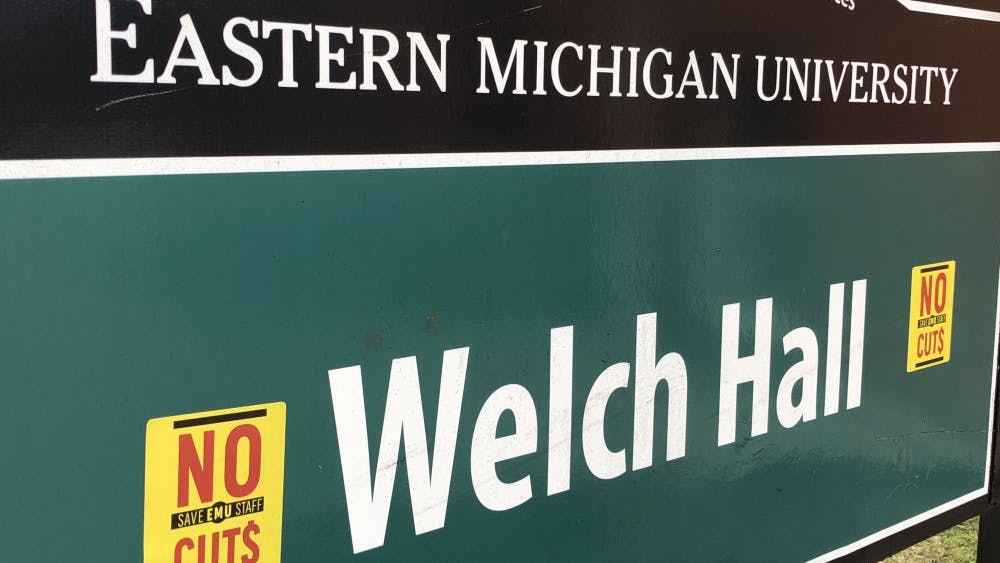We’ve heard a lot of talk about the implications of the COVID-19 pandemic. Every day we wake up to find out something new: rapidly increasing numbers of death from the virus, solutions that no one can seem to agree on, the misinformation, the uncertainty of not knowing when this will be over. The one thing I don’t hear a lot of people mentioning is how the coronavirus drastically impacts low-income people.
Working class people are still getting up to go to their jobs and working on the frontlines of our economy. They are the delivery workers, grocery store employees, garbage collectors, mail men and women and government workers that are forced to go into the community and continue working for middle and upper class people who are cooped up safe in their second homes and away from high density cities. According to the New York Department of Health and the Census Bureau, poorer communities in New York City had more cases of coronavirus than wealthier areas.
But this shouldn’t be a shock considering we live in a society where the inequality gap is increasing year by year. It also shouldn’t be a shock because this is what climate scientists and sociologists have told us about the impacts of a climate change crisis.
Climate change will disproportionately affect lower income people because they lack the resources to adapt to a quickly changing world. If we do not act on climate change within the coming years, it will be far too late. Climate change threatens the world’s food supply because more frequent droughts and floods cause an increase in food prices. This leads to an increase of hunger within already struggling groups of people. Three out of four people in poverty rely on agriculture and natural resources to survive right now. We can easily imagine what will happen to agricultural workers in the next 10-20 years and beyond.
Another consequence of climate change is that it could drive people away from their homes because of events like wildfires, rising sea levels, extreme weather events and much more. Lower income people do not have a second home to go to or the resources to buy or rent another home quickly if their home is destroyed by a wildfire.
These are all things we should consider when discussing the climate change crisis - specifically how to adapt and mitigate the impacts of climate change. Often the working class is taken for granted by the middle and upper class because we tend to block out people we don’t identify with. We have seen the working class show up during this coronavirus pandemic and we are starting to be aware of the importance they have in holding our society together.
We need this to serve as a lesson and think about how lower income people will be disproportionately affected by climate change. When lower income people are negatively affected, so is everyone else. Right now we are relying on them to deliver services to the middle and upper class, so we cannot forget about them.
We are dealing with two crises right now and we have the ability to learn from the coronavirus crisis in order to prepare us for the climate change crisis we know is coming. We need to start the transition to a green economy while protecting the most high risk groups of people.










